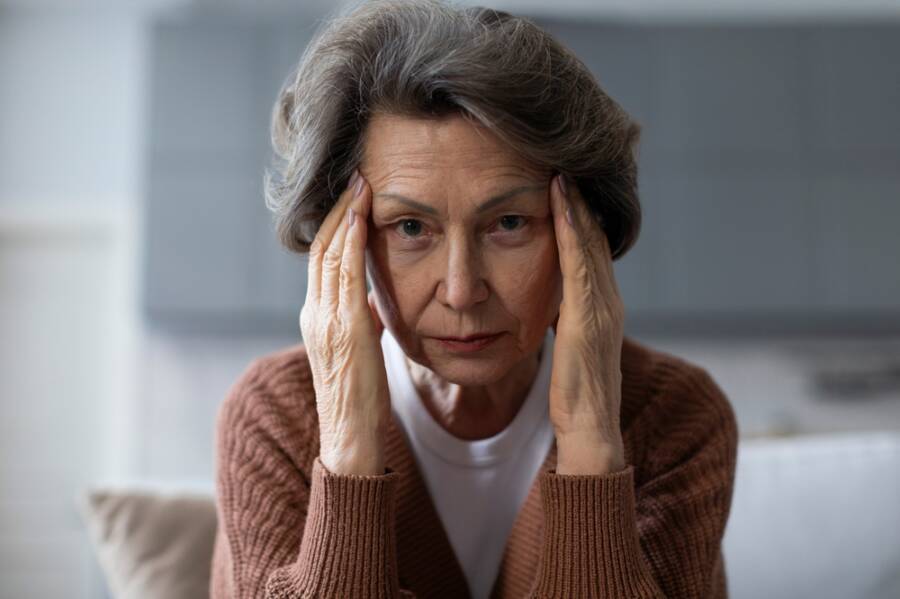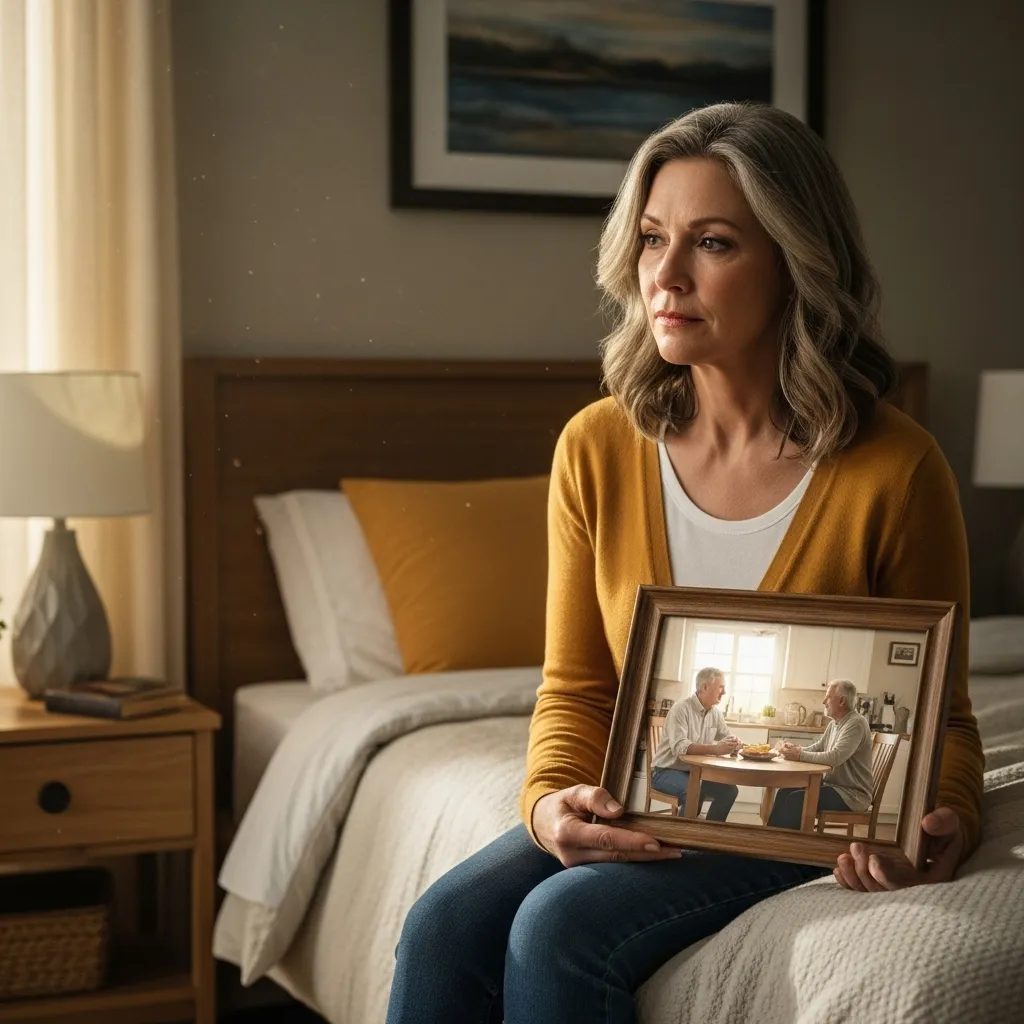
1. Young childhood flashbacks
Both her parents got deeply involved in the 1960s protests, and she confesses that her experience with the civil rights movement was from a stroller’s perspective because she was always present at rallies and demonstrations as a child. She recalls the “sea of legs marching around the streets” and the sound of people shouting.
Kamala Harris reflected on this topic, and she says it was not only about Black people, as it included Asians, Chicanos, and Jews, as well as many others who were aware of the laws unequally applied.
2. Her parents divorced
When she was 7, her parents decided to separate due to her father taking a job at the University of Wisconsin-Madison. Her mother took custody of Kamala and her sister, Maya. Her parents never argued over money, but they disputed who gets to keep the books.
As her family lived in Berkeley, Harris needed to take the bus to attend school in a “white neighborhood.” She and her sister used to help their mother by cleaning her tubes in the lab, as she was a cancer researcher.
They spent most of their time in the lab, and when they weren’t there, the girls were in a daycare run by Regina Sheldon.
They were frequently taken by her to the Twenty Third Avenue Church of God, which was an African American Protestant church. Kamala Harris created a very strong connection with Regina Sheldon.
She used the same Bible Shelton gave her when she became California Attorney General and Senator.
Her friend Karen V. Clopton, judge and lawyer, declared to The Washington Post that, indeed, Kamala Harris always seemed to be involved in African American community struggles, politics, and organizations.










This is very interesting, and kind of gives you a different insight on Kamala’s life. It sounds like she was brought up right, and she was lead in the right direction
bigger Lier than Joe & stupider than a communist & uglier than a Clinton. Did I mention smells real bad?
Communists, wouldn’t vote her for dog catcher
f Ameica wants the Cackler Laugher, she is all ours.
She not an inspiring dedicated woman. She used her mouth and vagina to get to the top. She did nothing as VO except cackle like a hen in heat. She could have taken control of the border situation but she avoided it like the plague. If she’s elected uSA will become communist nation
She is not African American nor is she black.
They can say what they will about his Jewish faith but Kommie backs the Palestinians their causes and Hamas. What kind of a Jew does that make her husband???
I hope she let best president won in the November election to make this country America great again . love Shannon Smith
So she was raised a communist by a couple of Berkley nut jobs.
Zero interviews and a pathological liar.
Nope
I don’t understand. Her parents were not black, but you wrote that she was a proud “black” woman. Why is she always portrayed as black? Perhaps just for votes?!
Kamala’s father claims he wasn’t black.
It kind of explains her radicalized politics….not good for America.
one minute she is a black women , now she is an Indian women ALL I KNOW IS SHE ACTS LIKE A MARXIST dumocrats will do anything to destroy our constitutional republic THAT IS WHY we need to not vote for any democrat in this coming election state & federal gov
I needed help with my girl, She have 6 yrs and I don’t know why is aggressive, she has 2 weeks with this behavior, only with me(mom)